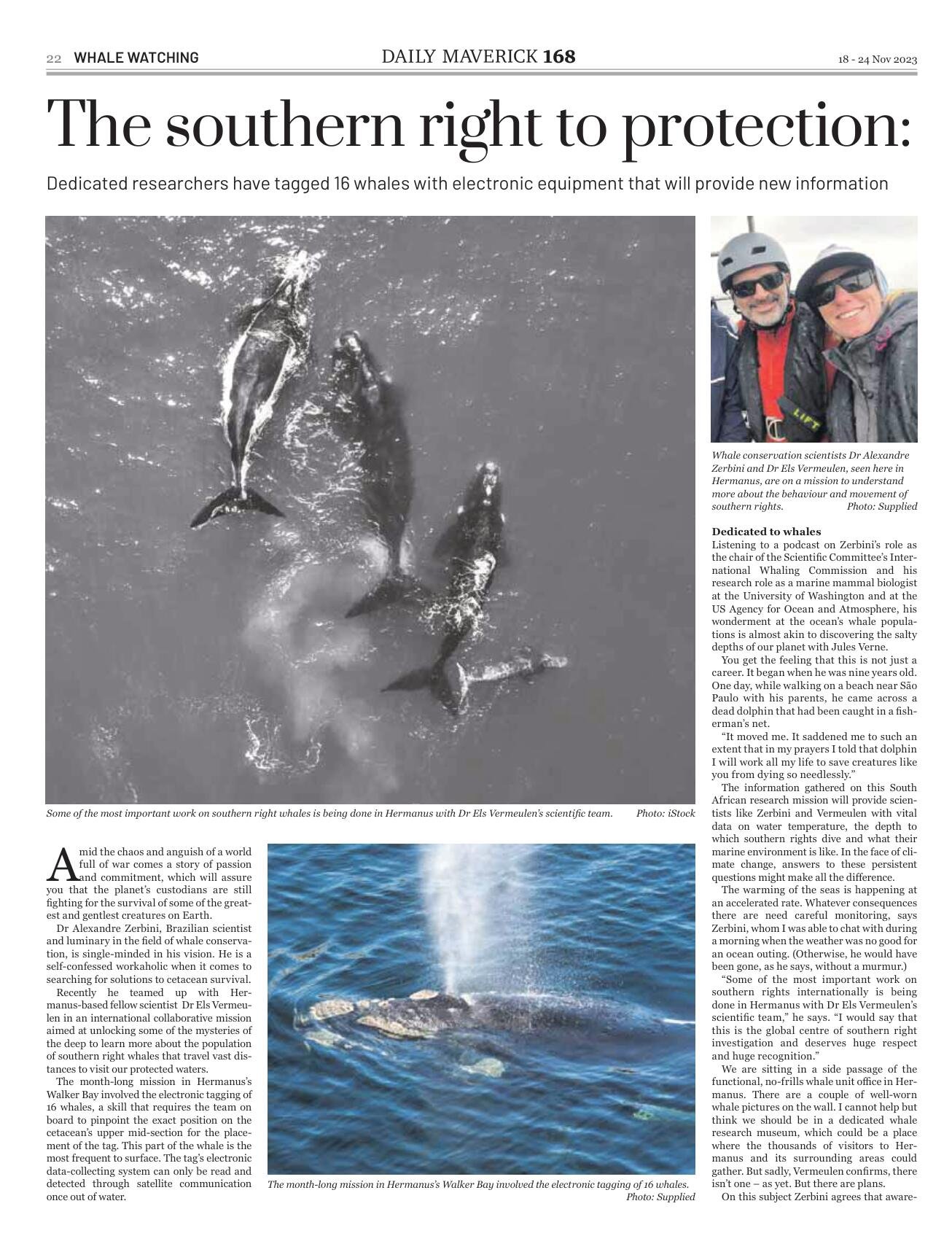MRI STUDENT Laurene van Dijk (HONS) was awarded first place for her poster assessing "How the construction of artificial waterholes is likely to influence cyanobacterial blooms in the face of climate change”.
Between 9-11 October, around 450 scientists, policy makers, NGO's and environmental stakeholders from over 28 countries attended the 13th Oppenheimer Research Conference in Midrand. The conference places a strong emphasis on "African voices in global conversations" around sustainability, climate change, conservation and the environment. The conference aimed to profile research excellence in Africa, empower young researchers and offer biodiversity professionals with networking opportunities and impactful dialogue.
Postgraduate students, Bruce Crossey (PhD), Megan Hutson, Juanita Wessels, Sian Willoughby (MSc) and Laurene van Dijk and Mattheus Louw (Hons) represented the Mammal Research Institute in the poster presentation session. Laurene van Dijk was awarded first place for her poster assessing "How the construction of artificial waterholes is likely to influence cyanobacterial blooms in the face of climate change”.























